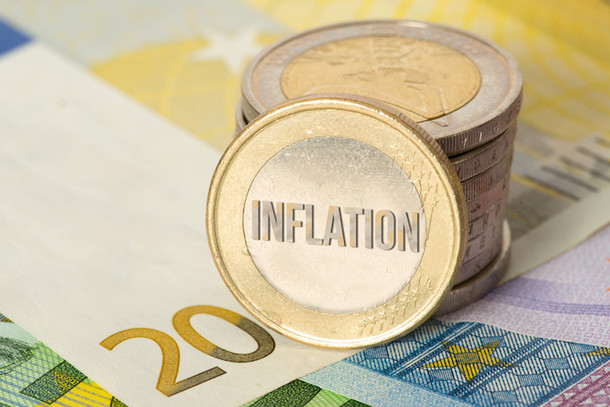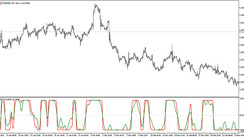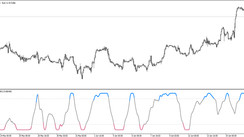The second month was above 10%, according to the surveys, the first slowdown since 2021. Before important data that European Central Bank policymakers were anticipating became available, analyst projections indicated that the eurozone likely saw a second month with double-digit inflation in November. Nearly all analysts expect that even while the rate of consumer price increases as a whole may have reduced for the very first time in 1 and a half years, it remained above 10%.
Economists whose forecasts coincide with the median believe that both headline and core inflation are likely at, or very near, their peaks. As the most recent headline signal of rising prices before to the decision on December 15 and as a component of the projections policymakers would take into account at that meeting, the data are crucial for the ECB. Indicators of weakness might help a consensus build toward a smaller step, officials have warned, while an unexpected rise may force them to give a third successive 75 basis-point interest-rate boost.
The ECB Vice President remarked this month that he believes inflation isn't ready to decline quickly and that it would likely remain around the current rate, which is just a little bit above 10%, for some time to come. He cited a streak of unfavorable shocks from similar data in the past. The only forecaster expecting a figure below 10% is Pantheon Macroeconomic Advisers Ltd, while SMBC Nikko Securities Inc. anticipates further increase to 10.9%, which would be the quickest in the history of the euro.
Core inflation, which excludes volatile items like energy and food, most likely remained at 5%. As a measure of underlying momentum, the indicator is also widely observed by officials. The numbers for the euro area conceal wide variations in the region. The most recent consumer price index numbers from the region's four largest economies, Germany having the strongest inflation right now, are also expected this week. Economists anticipate a slowdown in all countries except Spain. The chief economist of the ECB emphasized how various energy regimes affect domestic data. Because of Spain's early adaptation to higher prices, inflation there has already begun to decline, and others will soon do the same. The cumulative pass-through will eventually turn into downward pressure, hopefully, sooner rather than later.
But not only are hard currencies experiencing problems but also cryptos have been falling in recent weeks, click below to read more.





